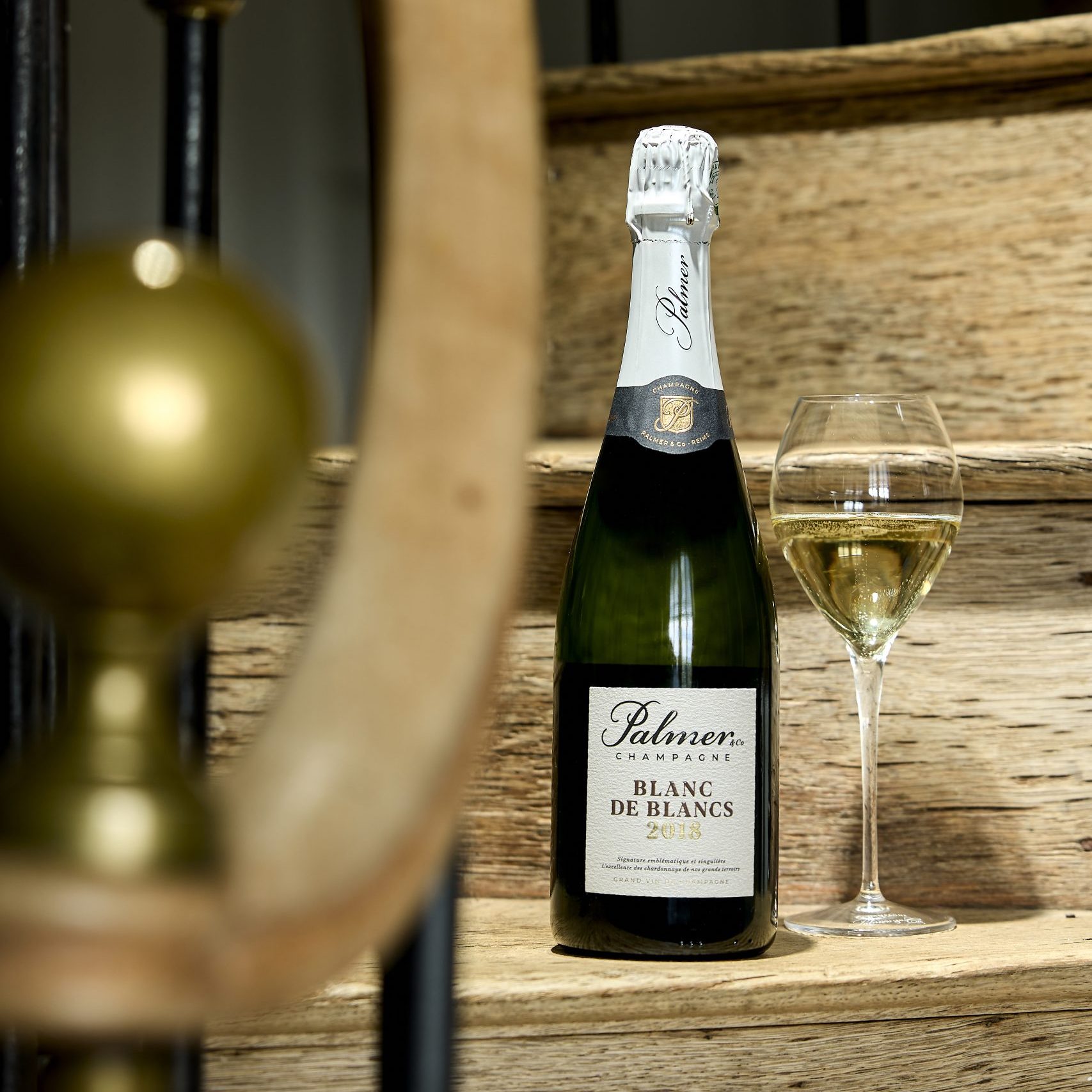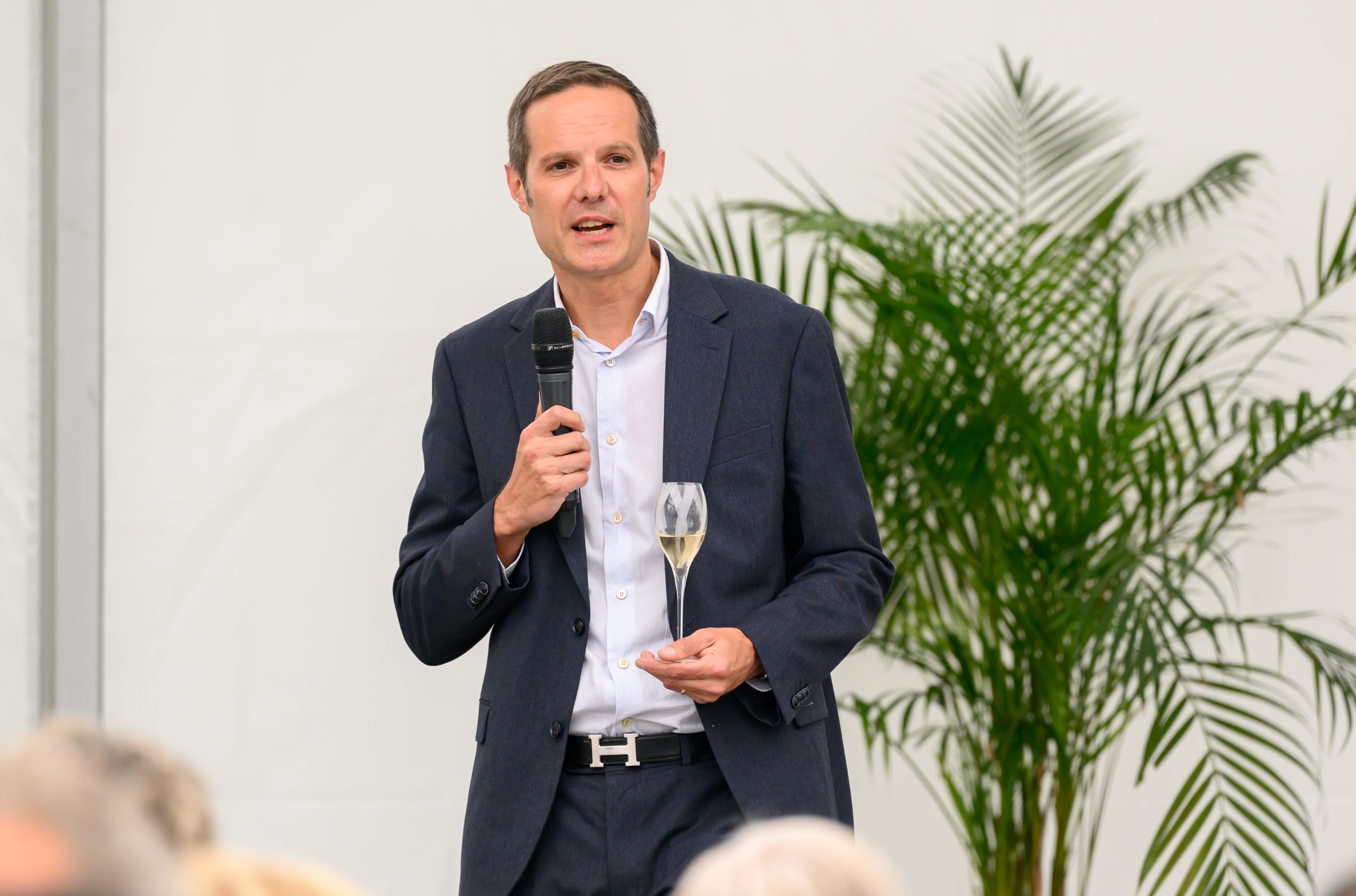Industry attacks psychologist for flawed taste test
The wine industry has attacked Richard Wiseman, a psychologist at Hertfordshire University, for claiming that most people can’t tell the difference between cheap plonk and fine wine, but “fool themselves into thinking expensive wines taste better.”
Wiseman’s comments came in the light of a blind taste test he carried out this month at the Edinburgh Science Festival.
In the tasting, 578 people sampled a variety of red and white wines ranging from a £3.49 bottle of Bordeaux to a £29.99 bottle of Champagne.
53% of people were able to distinguish between the cheap and expensive white wines, while only 47% correctly identified the reds, suggesting a 50:50 chance of identifying a wine as cheap or expensive based on taste alone.
But the wine industry has attacked the tasting as flawed. Christine Austin, wine columnist for the Yorkshire Post, called Wiseman’s methodology “ridiculous”, while Geoffrey Kelly, who handles PR for Wine Rack, said the test was “unfair”.
Partner Content
“I found out that the wines were served in thimble-sized glasses – no wonder people were unable to pick out the fine wines from the cheap ones,” Kelly told the drinks business.
Meanwhile, Rowan Gormley, founder of Naked Wines, is keen to carry out his own blind tasting with Wiseman, telling db: “I don’t believe the results are true. I’ve contacted Wiseman – I want to do a blind tasting with him under different conditions. Price isn’t the important issue here, it’s whether people agree on quality.”
The results also go against what fine wine retailer Roberson has discovered through regular blind tastings at its Kensington shop, where “nine times out of ten tasters can successfully identify an expensive wine from a cheaper one, even if they’re completely new to wine,” according to Roberson’s Joe Gilmour.
Lucy Shaw, 18.04.2011





I’m from vintage roots organic wine merchant [url]www.vintageroots.co.uk[/url] . We put the BBC article about this on our facebook page and it got slated as utter nonsense. My biggest problem with the research was sampling a wine that said it should be laid down for upto 15 years, versus a £4.50 wine isn’t really fair. Try picking two wines that are both ready to drink at least!
Interesting, but the methodology used needs to be known!!
This however doesn’t discount the fact that a lower cost wine may actually taste better than an expensive one.
The main point here is that wineries need to do more to educate consumers about their product. Many wineries have little to no education budget, and don’t understand the long term benefits to an educated consumer.
Only through education do people start to understand and appreciate why they should pay mre that £3 a bottle!
To Sam Hellyer.
The “Gold Standard” for tasting is the triangular Test. May I suggest this for you challenge with Dr Wiseman?
Two glasses of low quality – one glass of high quality; then reverse, tow high, one low quality.
I can assure you that this will sort the knowledgable palates out – indeed few MWs will do these tests as they are only too aware of the vagaries of tasting. However, these are very much the standard tests in many food industries (including wine). Use good glasses (Spiegelau tasting glasses are the industry standard – better than the older XL 4 or XL 5) and served at a reasonable temperature – say 18 deg for red and 15 deg for white.
I suspect that few experienced tasters will really be able to judge good from mediocre (good from really cheap is easy).
;);)
The method obviously had holes in it, however from personal experience, I would generally agree with the results. The main point here is that wineries do not do enough to educate consumers about their core product
The advantages of educating the consumer are long term, and flow through the entire wine industry, from one producer to another.
Glen Green
www.EssentialWineTastingGuide.com